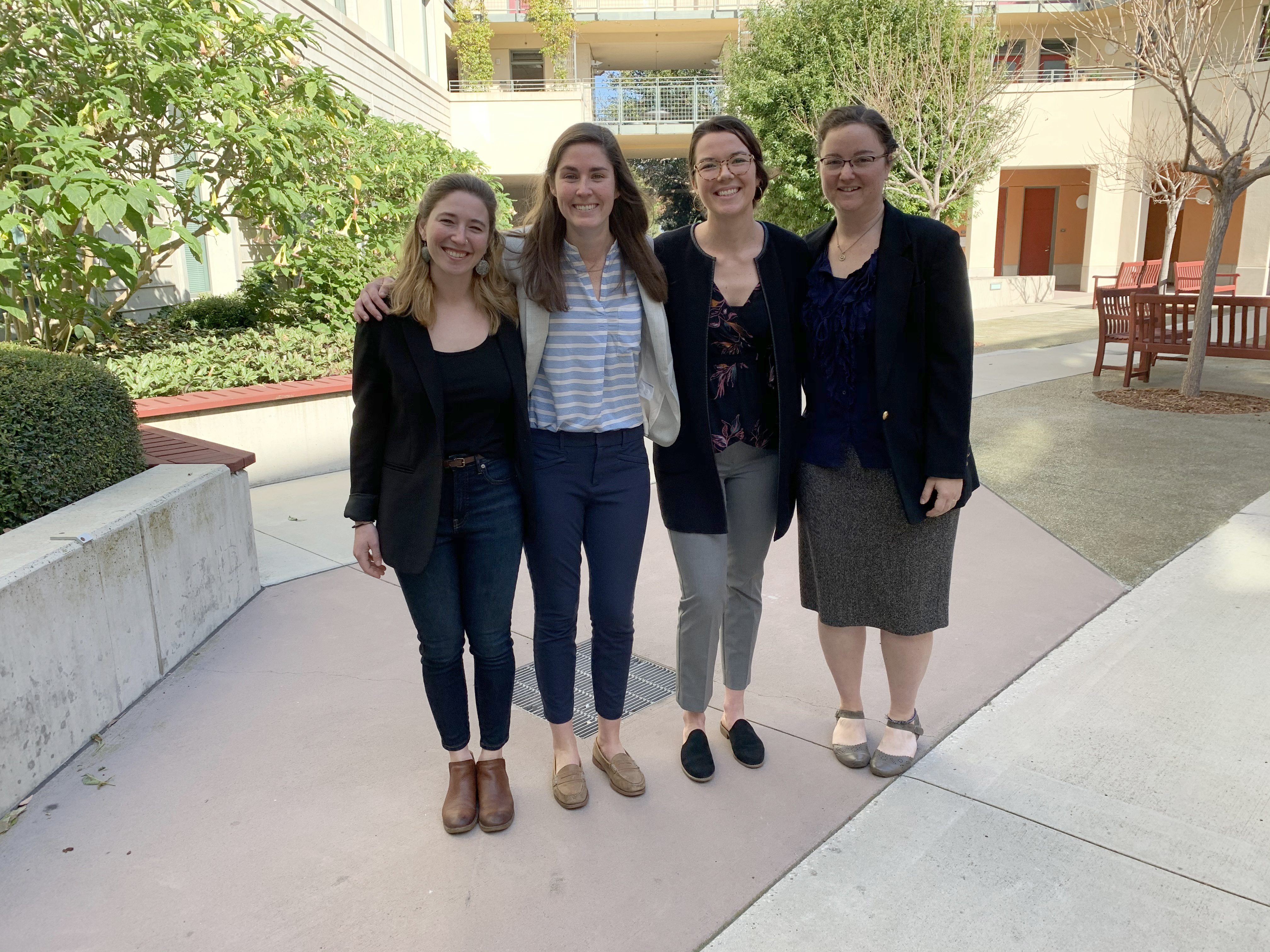Understanding Multiple Benefits of Managed Aquifer Recharge for the Resilience of California’s Water Supply
Project Proposal
Final Presentation
Final Report
Brief
Poster

Groundwater has historically served as California’s water safety net by providing water to cities and agriculture, particularly during dry years when surface water is limited. Over-pumping of groundwater resources in California’s Central Valley has put the long term future of this water supply at risk, and increasingly severe droughts caused by climate change have the potential to exacerbate the problem.
Managed aquifer recharge (MAR) is one method that can help bring groundwater back into balance. In wet years, managers use MAR to spread available surface water onto fields or in recharge basins, allowing water to percolate into aquifers and increase groundwater levels for later use in dry years.
This project team designed a transferable decision support tool to help Groundwater Sustainability Agencies (GSAs) in California’s Central Valley to identify the most suitable sites for MAR, giving them the information they need to plan for a more reliable and resilient water supply that can provide the most benefit for local communities and ecosystems.